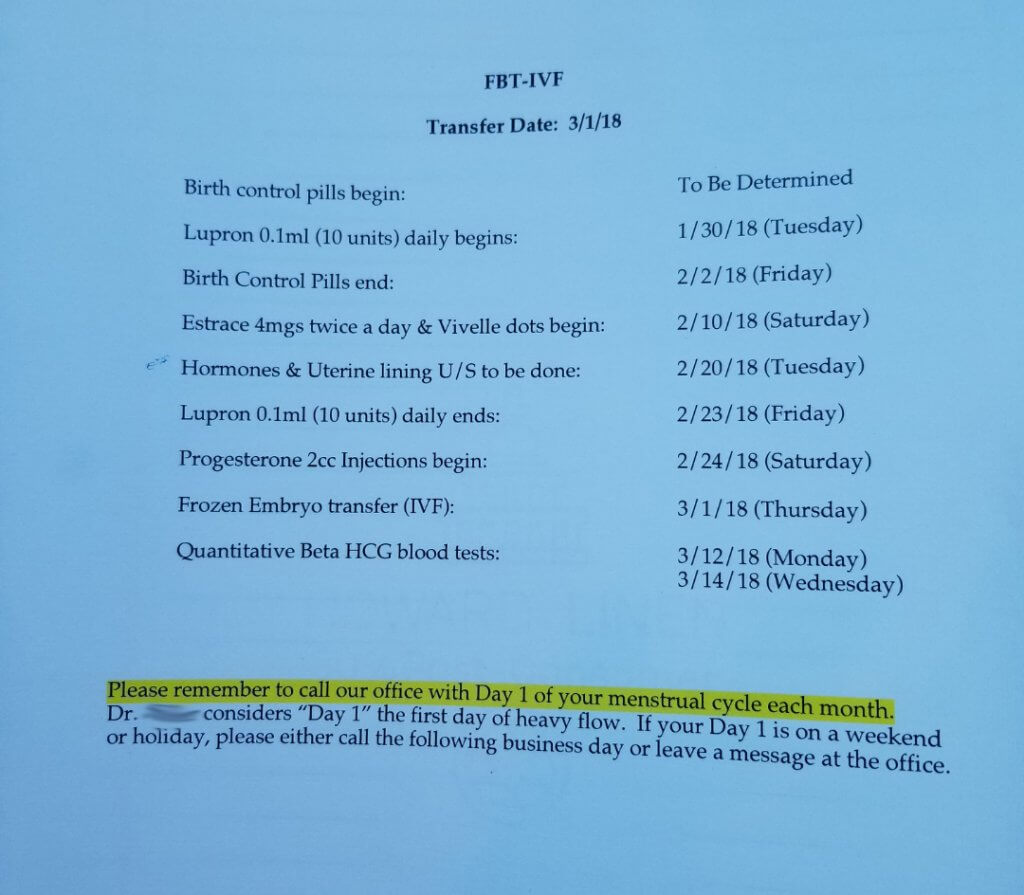Secondary infertility is more common than you think. If you’re pursuing gestational surrogacy after having a biological child naturally, you have a lot to think about.
One of the questions you may be asking yourself: “How do I explain this to my child?”
It’s likely that your child has grown up only knowing about the traditional way to bring a child into the world. Explaining gestational surrogacy may seem impossible. But, it’s not — and many parents have successful done it.
Here at American Surrogacy, we are dedicated to proper education about the surrogacy process and to helping intended parents however we can. You can always speak to your specialist at 1-800-875-2229(BABY) as you prepare for this important conversation.
We’ve also gathered a helpful list of tips and advice below:
Explaining Surrogacy to the Child You Birthed Yourself
When many would-be adoptive and intended parents explain nontraditional family-building to their older children, they try to keep it age-appropriate. Rather than go into the details of how reproduction works, they say that “Mommy’s tummy is broken,” so another woman (whether a birth mother or a gestational carrier) will carry their sibling, instead.
Often, this is a great way to introduce infertility. But, if an intended mother carried her first biological child, this explanation may be followed up with a bigger question from their child: “Did I break Mommy’s tummy?”
Children are smarter than many people give them credit for and, while they may accept the idea of surrogacy easily, they may also make leaps of comprehension you don’t anticipate. So, when explaining that you are pursuing the surrogacy process, emphasize that your older child was not the one who “broke” your tummy. Sometimes, these things happen, and it’s nobody’s fault. Remind them that you were so happy to carry them in your stomach, and you wouldn’t change anything about it.
If you’re having trouble with this conversation, there are a few books that you can use to introduce the topic of gestational surrogacy:
- The Kangaroo Pouch: A Story about Surrogacy for Young Children by Sarah Phillips Pellet
- Sophia’s Broken Crayons: A Story of Surrogacy from a Young Child’s Perspective by Crystal A. Falk
- Sacha, the Little Bright Shooting Star: The Story of Surrogacy by Sofia Prezani
- The Very Kind Koala: A Surrogacy Story for Children by Kimberly Kluger-Bell
- Hope & Will Have a Baby: The Gift of Surrogacy by Irene Celcer
Explaining Egg and Sperm Donors
Explaining gestational surrogacy can be hard enough — but how do you explain to your children that their younger sibling is going to be their biological half-sibling?
As you should with any nontraditional family-building method, you should always be open with your children (both older and younger) about their genetic relationships. It’s incredibly harmful for children to find out that their birth story and genetic relationship is a lie later on, so positive celebration of their unique story should start from the moment you bring them home.
If you are pursuing surrogacy with gamete donation, you may worry about what this will mean for your older child — and your child yet to be born. Will it cause resentment about genetic relationships?
Any adopted sibling will tell you that’s not the case. It’s love that makes a family, not blood. While you may have difficult conversations ahead of you in the future, your children will love each other no matter their genetic connection.
How you tackle this subject will depend upon your child’s understanding of the reproductive system. Here’s an example of how to explain a sperm or egg donor to younger children, provided by an intended mother herself:
“Mommy was able to grow you in my tummy but later after you were born, Mommy’s tummy stopped working for growing babies. Mommy was very, very sad because you are so special that Mommy and Daddy really wanted to have more children and you to be able to have a brother or sister. Then, we met some very loving, giving women/men who were willing to help us give you a brother or sister. Babies are made from a little bit of a man and a little bit of a woman. Since Mommy/Daddy didn’t have any little bits to give, another woman/man let our family have a special lit bit of themselves. Doctors took that and made your siblings, but babies need to grow in a woman’s stomach before they are big enough to come home. Another woman let your brother or sister grow in her tummy until she/he was big enough to come out and come home with us. So, you are so loved that four people came together to give you the chance to have a brother or sister that we wanted so much.”
Take this example, and tweak it to your situation. It’s a great place to start when introducing this topic.
—
When it comes to explaining gestational surrogacy, it’s always good to use age-appropriate language — but don’t use that as an excuse to hide the facts from your child. More and more families are being created in nontraditional ways, and it’s nothing to be ashamed of. In fact, it’s something to be proud of! Your older child may soon be telling the world about their excitement for their new sibling, including the way in which he or she is coming into their life.
You can connect with surrogacy stories from families like yours on our Instagram to get started.
Still, this conversation can be tricky. And that’s why your surrogacy specialist is here to help. When you contact your specialist, she can give you tips and advice for explaining surrogacy to older children for as positive a conversation as possible.
Ready to share your news with your children? Talk to a surrogacy specialist today.












 I used a cheap Walmart drawer container to store my medications. I’m very type A, and it helped organize things. I was constantly getting new shipments and refilling it. I also downloaded blank calendar pages to fill in what medications I took each day. I marked them off as I took them. It was taped to my bathroom mirror.
I used a cheap Walmart drawer container to store my medications. I’m very type A, and it helped organize things. I was constantly getting new shipments and refilling it. I also downloaded blank calendar pages to fill in what medications I took each day. I marked them off as I took them. It was taped to my bathroom mirror.